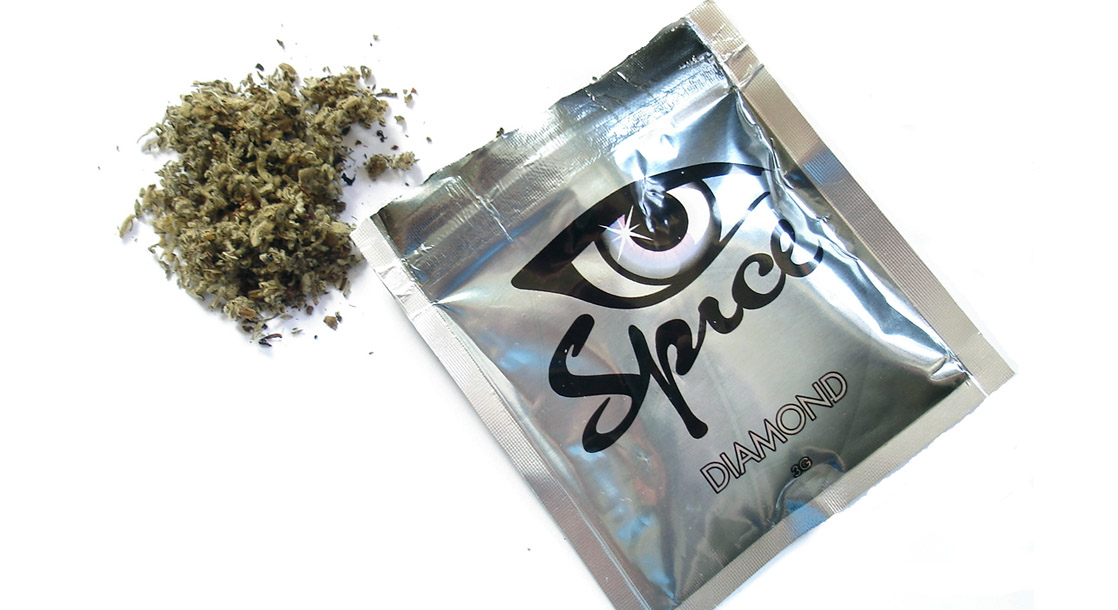Adult-use states have significantly lower rates of synthetic marijuana poisonings than prohibition states, according to a new study published in the Journal of Clinical Toxicology.
Researchers from Washington State University conducted this study to discover if access to legal weed influenced the rates of synthetic cannabinoid use. These dangerous products, often sold as Spice, K2, Tiburón, or Krispy, are created by spraying chemical compounds onto inert plant material that resembles pot. But unlike natural cannabis, synthetic marijuana can cause severe side effects, including extreme withdrawal symptoms, aggravation, panic attacks, psychosis, confusion, seizures, and even death.
The investigators used data from the National Poison Data System, a real-time database that collects information from poison control hotlines, to test their hypothesis. Between 2016 and 2019, the NPDS documented 7,600 distress calls related to synthetic cannabinoid poisonings. About 65% of these cases were serious enough to require medical attention, and 61 ended in death. The researchers compared the number of poisonings reported in adult-use states to those reported in medical-only states as well as prohibition states.
Over the study period, the total number of annual synthetic cannabinoid poisonings documented in adult-use states was 37% lower than the number recorded in states where cannabis is prohibited entirely. States that allow medical marijuana but continue to ban adult-use sales also reported 13% fewer Spice poisonings than full-prohibition states.
“This study shows some potential public health benefits to the legalization and regulation of adult use of cannabis,” said lead author Tracy Klein, WSU associate professor of nursing, in a press release. “Based on both past research and this current study, it’s evident that users who have a choice to use a less toxic product would potentially do so.”
“The limited popularity of these products is a predictable outgrowth of criminal marijuana prohibition,” said NORML Deputy Director Paul Armentano in a statement. “As one would expect, there exists little demand for these unregulated synthetic products in an environment where whole-plant cannabis is legal and regulated.”
According to another recent study, 93% of cannabis users prefer natural cannabis to synthetic alternatives. There is one important reason why people living in adult-use states might still choose synthetic marijuana over the real thing, though. Standard workplace drug tests can detect the presence of plant-based THC weeks or months after use, but these tests usually cannot detect the presence of synthetic cannabinoids. Because of these limitations, an employee that had hit a joint at a party weeks ago could lose their job, while a coworker that was high on K2 could pass a drug test with flying colors.
“Amending outdated and discriminatory drug testing policies for cannabis, as several states and municipalities have wisely begun to do, will likely drive consumer demand for these unregulated products down even further, thereby providing additional public health and safety benefits,” Armentano explained.
Cover image via











